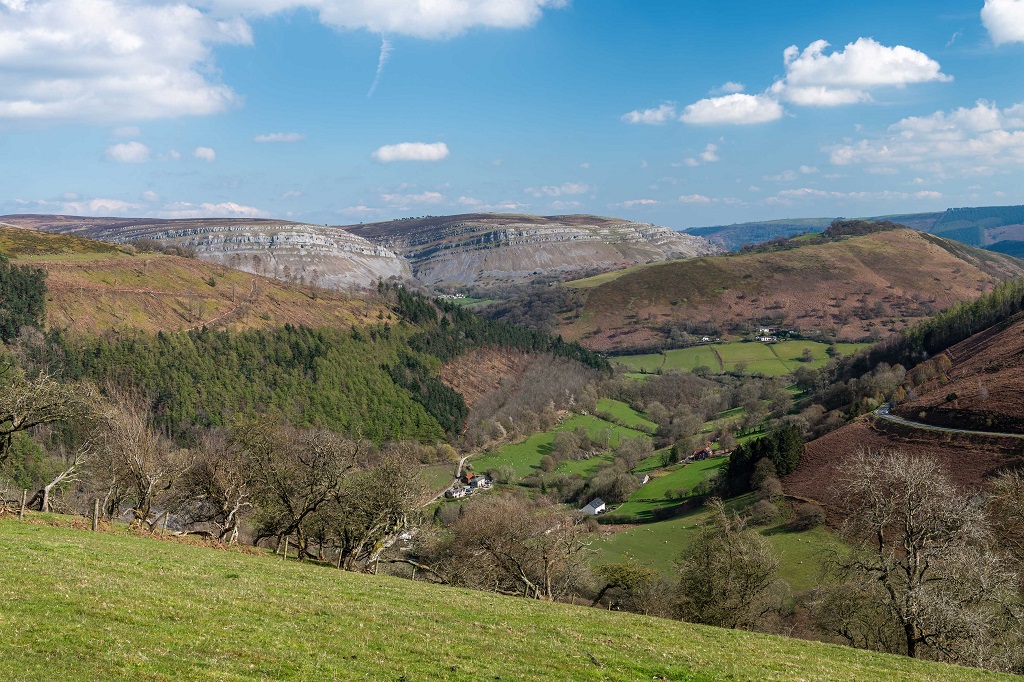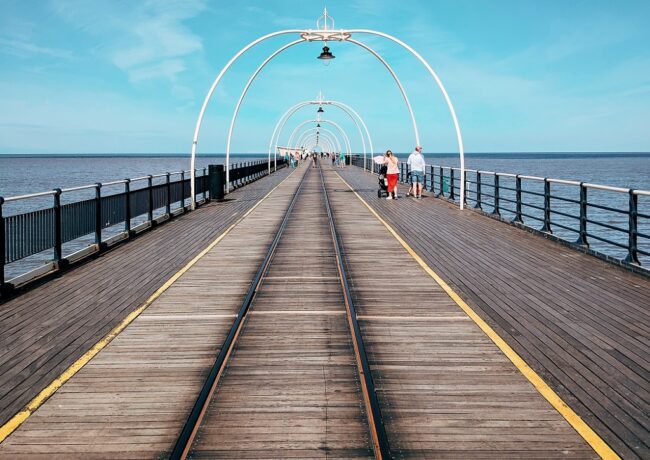DCMS debates future of World Heritage sites
Culture Secretary Andy Burnham has launched a consultation paper on how best to protect the UK's heritage sites.
The paper, called Identifying, protecting and promoting our World Heritage, seeks views on questions such as:
- Should we add further sites to the World Heritage List at the same or a slower rate or stop nominations altogether?
- What are the costs, benefits and responsibilities that go with designation? Is it worth having?
- What are the measures that we can take to clarify and strengthen protection for World Heritage Sites?
- Does the UK's current approach to World Heritage support the UK, crown dependencies and overseas territories in protecting and promoting their cultural and national heritage, particularly in relation to UNESCO?
In the North West, Liverpool's 'maritime mercantile' Pier Head waterfront and other selected areas were designated World Heritage Sites in 2004. The council-led campaign for WHS status was fought by local urban groups, architects and developers who feared the resultant planning constraints would limit growth in the city.
The Lake District and parts of Manchester, Trafford and Salford have been on the UK's so-called tentative list awaiting formal nomination since 1999.
Burnham said: "It is now ten years since we last looked at the UK policy on nominations to World Heritage Sites. Set against a backdrop of increasing nominations, a request from Unesco for well represented countries to slow nominations and an evolving selection criteria I feel it is the right time for the UK to review its World Heritage Policy."
In 2005, Unesco said priority would be given to specific land or marine habitats such as grasslands, wetlands or deserts.
Meanwhile, DCMS with its funding partners Historic Scotland and Cadw have published a cost benefit analysis of World Heritage Site status. Undertaken by Price WaterhouseCoopers, the report involved interviews with stakeholders, an e-survey of all UK sites, and six case studies of representative sites and associated local opinion surveys.
The review is published today alongside the consultation paper. Key findings include:
- WHS status does not in itself provide any additional statutory protection, although the quality of development around such sites may be superior.
- Costs are rising – currently up to £400,000 to bid for World Heritage Site status and £150,000 a year to maintain
- Benefits of tourism and regeneration arising from WHS status have been overstated, with very low percentages of visitors being aware of such status or motivated by it.
- While additional funding often follows inscription, much of this comes from UK heritage or conservation bodies – benefit for WHS is at the expense of heritage sites elsewhere
The consultation will run for 12 weeks until 24 February 2008. Copies of the consultation document and PricewaterhouseCooper report can be downloaded from: http://www.culture.gov.uk/



